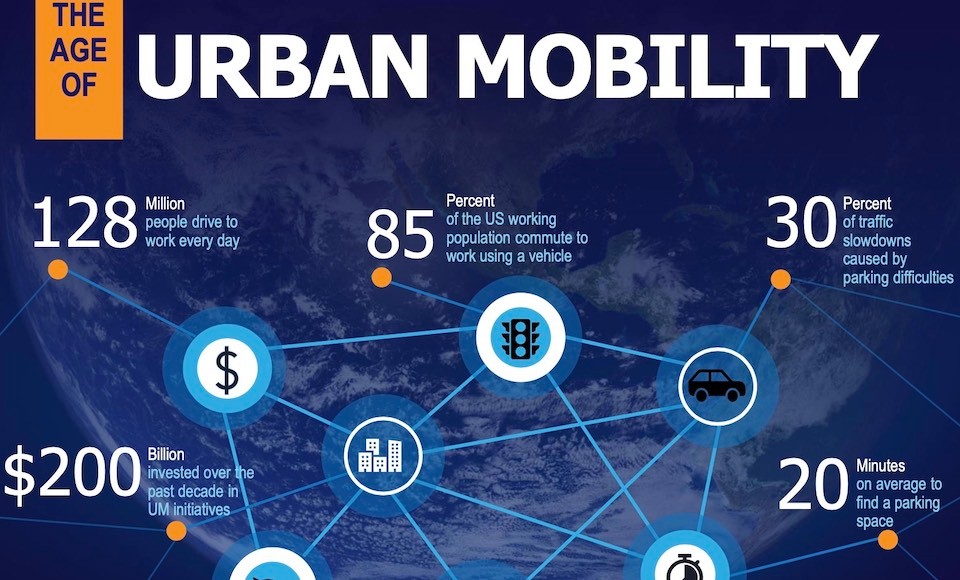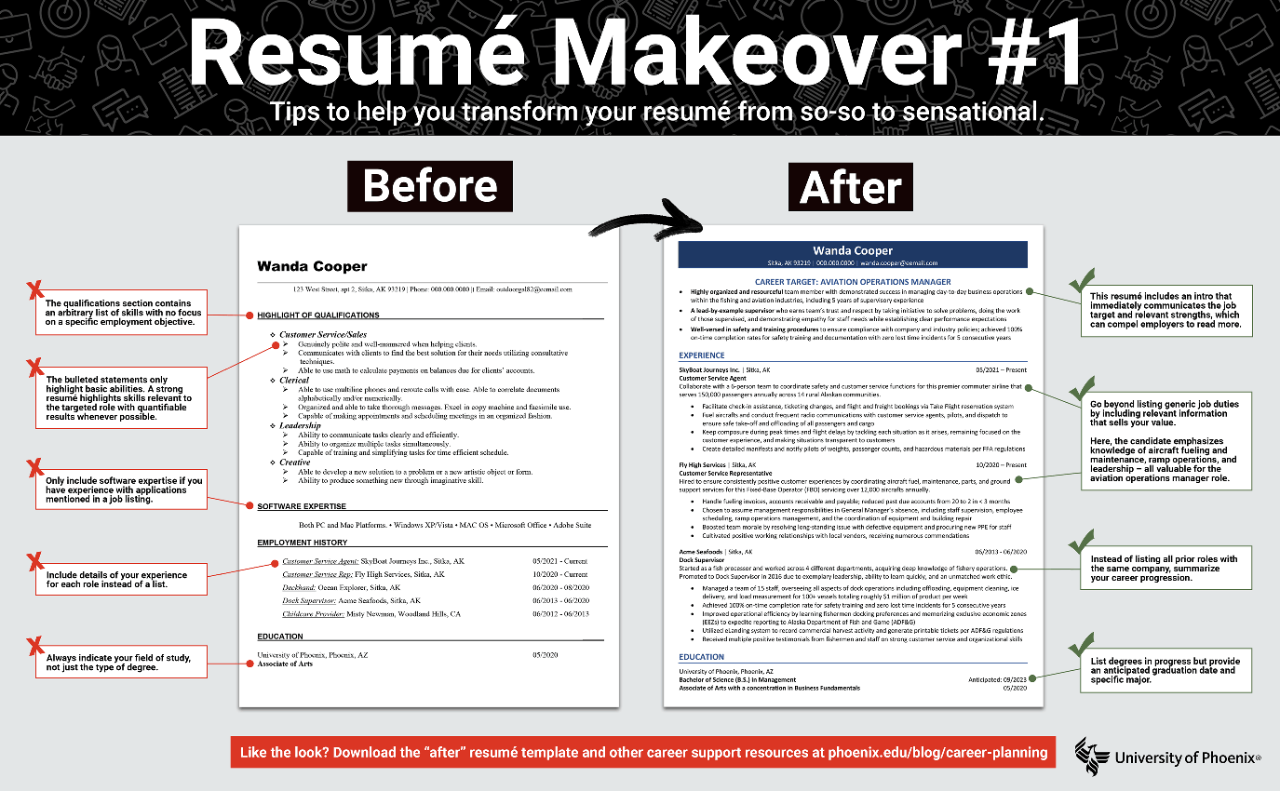College of Doctoral Studies beta externship produces urban mobility and automated parking research to help improve Chicago city infrastructure

By University of Phoenix
Running on inertia and adrenaline, University of Phoenix doctoral candidates Donte Vaughn and Christopher Knerr pulled off a pivotal achievement for the College of Doctoral Studies— the first beta test of a professional externship within the doctoral curriculum.
The externship consisted of a year-long research project between UOPX and global manufacturing firm Bosch to support its urban mobility project. The duo collected data on transportation and parking challenges in Chicago and made recommendations to help improve city infrastructure through automated parking and smart city concepts. Vaughn and Knerr’s research culminated in a presentation of their research findings to The Chicago Connectory, a Bosch and 1871-sponsored business innovation hub that served as site host for the externship.
The research pair tackled the opportunity in tandem with their coursework and dissertations. Both doctoral students are also working professionals, as is typical for many UOPX students. Knerr is an IT professional and Vaughn works as a vice president for a management consulting practice and serves as an adjunct faculty member. Vaughn even welcomed a newborn son just days before the May 28 virtual presentation of their research findings, “The Future of Urban Mobility: Exploring Automated Parking for Chicago,” to representatives from the Chicago Connectory and University leaders.
Vaughn said they provided such high-caliber work because UOPX students are taught what “the grind” looks like.
“We have a unique population of students who really represent a cross-section of our communities.” Vaughn said. “To take a concept and build it out and come back together and present a deliverable was both challenging and fulfilling, but this is what was required for this Bosch research to be successful.”
The collaboration with Bosch marked the first trial of professional externship, which typically consists of short-burst learning opportunities that give students the ability to gain practical industry experience. It supports the College’s curriculum model of applied research focused on community and workplace innovation and support.
“We have a unique population of students who really represent a cross-section of our communities…to take a concept and build it out and come back together and present a deliverable was both challenging and fulfilling, but this is what was required for this Bosch research to be successful”
— Donte Vaughn, doctoral candidate, University of Phoenix
Dr. Rodney Luster, chair for the College’s Center for Leadership Studies and Organizational Research, said it was exhilarating to see the beta test ended on such a positive note.
He called the beta “the epitome” of the program’s Scholar-Practitioner-Learner model in action.
“The ‘pracademic’ model provides students the opportunity to showcase their ability to marry academic, theoretical learning with applied application,” Dr. Luster said. “It gives them a chance to play research consultant with some heavy players who have a stake in the game. That is where academics and the ‘real-world’ have struggled for a long time, how to formalize that relationship.”
Throughout their research, Vaughn and Knerr examined factors affecting Chicago urban mobility challenges, like the fact that the 3.5 million vehicles are used for commuting cause congestion, and that the city has one of the highest commuter stress indexes in the country. Their findings suggested that strategically placed automated parking structures could help improve the momentum of consumer goods through the city’s airports, freeways and ports by creating separate travel pathways for commercial vehicles and commuters. Introduction of alternative transportation modalities and an improved city transportation infrastructure could also help reduce stress.
The slowing of traffic during the coronavirus pandemic offered the Chicago Connectory a unique opportunity to partner with local governments to explore safe ways to manage the commuter experience.
Chicago Connectory’s Robert Wildeman said the response to Vaughn and Knerr’s work was overall very positive. The group who participated in the presentation, including subject matter experts from the Chicago Connectory and outside organizations, were impressed with Vaughn and Knerr’s conclusions, the quality of the documents they submitted, the presentation and the level of professionalism in their interactions during the project.
Wildeman said student projects like this beta are valuable to companies like Bosch, because they provide an outside perspective on research topics that can be built upon and implemented in future projects. They also give him an opportunity to get to know the students individually and identify those he may want to contact in the future.
“In addition to the valuable research provided by the doctoral students, the externship also allowed us to evaluate the candidates for potential future employment opportunities. Further, the experience allowed the students to evaluate Bosch as a potential employer. These reasons are why we value the program so much.”
Knerr agreed that the externship was more than a research project. It provided him an opportunity to build a network professionally with Bosch.
“It allowed us to integrate something professionally and academically. Being able to see how my degree could potentially help me in the business world,” Knerr said.


